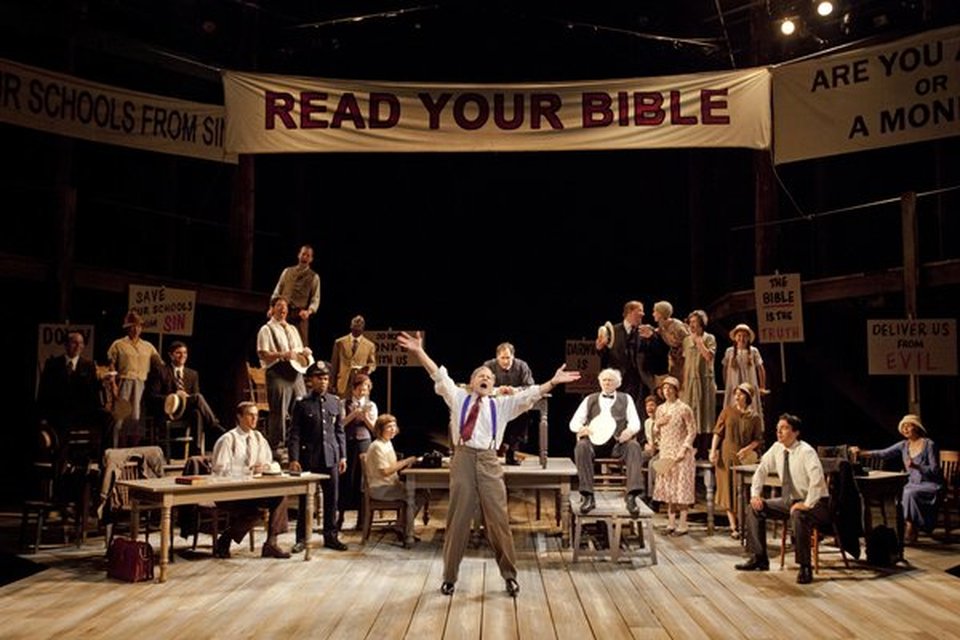


Drummond also senses the “winds” of change that sweep through the court during the trial-the people of Hillsboro, and of America, come to realize that a compromise between religious belief and scientific fact is not just possible-it is the bedrock of an open-minded society, one that is inclusive of different opinions, and one that champions a person’s right to think for himself or herself.

Brady, though he tries to love his fellow man, falls prey to his own sense of personal vanity, and watches as his loving crowds dwindle to only a small group, then to no one at all, as the trial comes to a close. Reverend Brown preaches not God’s love but God’s hate, and his daughter Rachel leaves town to be with Cates, at the play’s end. shall inherit the wind.” The phrase may be interpreted a number of ways, but one seems clear: if a man sows discord among those that he loves, and among those that love him, he will soon learn that physical nearness, and kinship, will desert him-that only “the wind,” or the idea of those relationships, will remain to him. The line from Proverbs, quoted by Brady and then, after Brady’s death, by Drummond, goes as follows: “He that troubleth his own house. As the play’s title indicates, the wind is a central symbol of Lawrence and Lee’s work. Inherit the Wind Summary Next Act 1, Scene 1 Inherit the Wind is a play dramatizing the Hillsboro Monkey Trial, in a small American town called Hillsboro, state unnamed, in the 1950s.


 0 kommentar(er)
0 kommentar(er)
